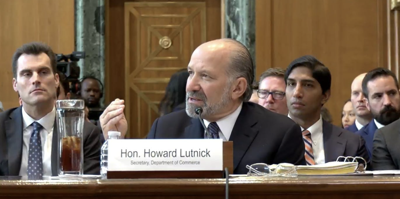Follow the Money: Comcast, Starlink, and the BEAD Backslide - Episode 664 of the Community Broadband Bits Podcast

In this episode of the podcast, Chris is joined by Karl Bode and Sean Gonsalves to unpack three major broadband stories shaping the moment:
California’s new law giving tenants the right to opt out of monopolistic bulk billing deals, Comcast’s latest play to cozy up to Washington power, and how the federal “benefit of the bargain” shift is gutting BEAD and funneling billions toward Starlink.
The trio discusses how these developments expose deeper issues of corruption, enforcement, and the growing divide between corporate priorities and community broadband needs.
This show is 28 minutes long and can be played on this page or via Apple Podcasts or the tool of your choice using this feed.
Transcript below.
We want your feedback and suggestions for the show-please e-mail us or leave a comment below.
Listen to other episodes or view all episodes in our index. See other podcasts from the Institute for Local Self-Reliance.
Thanks to Arne Huseby for the music. The song is Warm Duck Shuffle and is licensed under a Creative Commons Attribution (3.0) license







